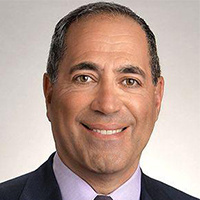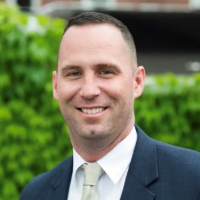Albany County, NY Felony Lawyers
Sponsored Law Firm
-
 x
x

Click For More Info:
-
Cohen & Bernstein, L.L.C.
1360 Clifton Ave #309 Clifton, NJ 07012» view mapCriminal Defense We’re In this Together!
We work hand in hand with our clients to ensure all of your questions are answered and progress through your legal issue is seamless.
800-978-7341
Not enough matches for Albany Felony lawyer.
Below are all Albany Criminal lawyers.
Donald W. Boyajian
✓ VERIFIEDDonald W. Boyajian has been practicing law for over 35 years and is the Managing Partner of the firm. Don is a life-long resident of the Capital Regio... (more)
Ryan M. Finn
✓ VERIFIEDAttorney Ryan Finn of Finn Law Offices has worked for big law firms and he knows how they approach a legal conflict. He is well known and well respect... (more)
Christopher N. Luhn
FREE CONSULTATION
CONTACTApril M. Dalbec
FREE CONSULTATION
CONTACT Lindsay Bernstein Clifton, NJ
Lindsay Bernstein Clifton, NJ Practice AreasExpertise
Practice AreasExpertise



